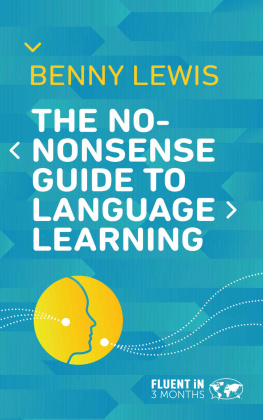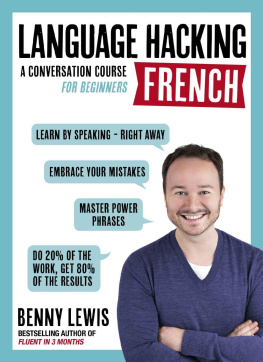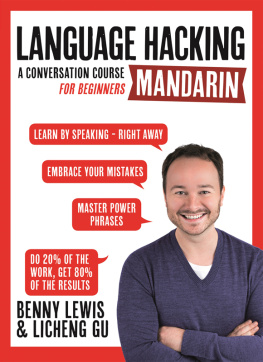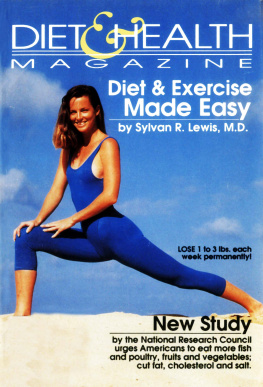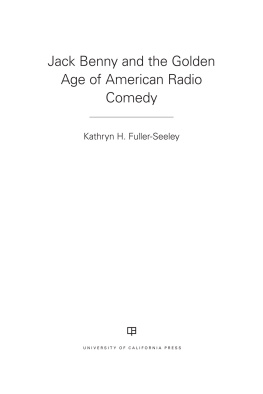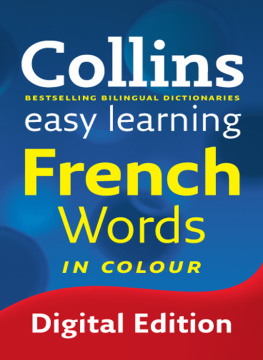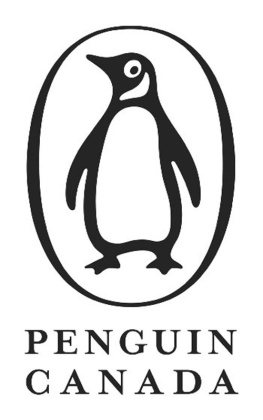Benny Lewis - Why French is Easy
Here you can read online Benny Lewis - Why French is Easy full text of the book (entire story) in english for free. Download pdf and epub, get meaning, cover and reviews about this ebook. year: 2015, genre: Home and family. Description of the work, (preface) as well as reviews are available. Best literature library LitArk.com created for fans of good reading and offers a wide selection of genres:
Romance novel
Science fiction
Adventure
Detective
Science
History
Home and family
Prose
Art
Politics
Computer
Non-fiction
Religion
Business
Children
Humor
Choose a favorite category and find really read worthwhile books. Enjoy immersion in the world of imagination, feel the emotions of the characters or learn something new for yourself, make an fascinating discovery.
- Book:Why French is Easy
- Author:
- Genre:
- Year:2015
- Rating:3 / 5
- Favourites:Add to favourites
- Your mark:
- 60
- 1
- 2
- 3
- 4
- 5
Why French is Easy: summary, description and annotation
We offer to read an annotation, description, summary or preface (depends on what the author of the book "Why French is Easy" wrote himself). If you haven't found the necessary information about the book — write in the comments, we will try to find it.
Why French is Easy — read online for free the complete book (whole text) full work
Below is the text of the book, divided by pages. System saving the place of the last page read, allows you to conveniently read the book "Why French is Easy" online for free, without having to search again every time where you left off. Put a bookmark, and you can go to the page where you finished reading at any time.
Font size:
Interval:
Bookmark:
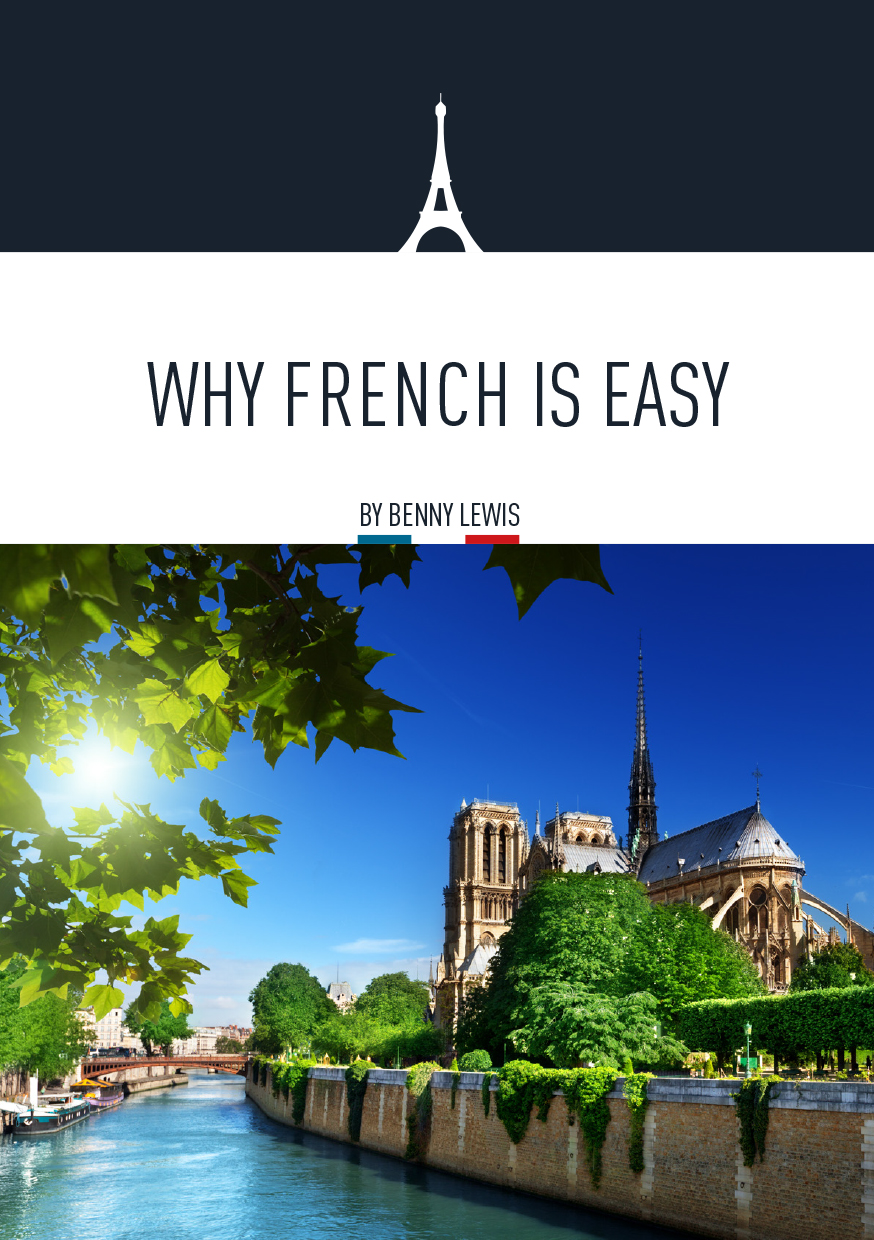
WHY FRENCH IS EASY
By Benny Lewis
Table of Contents
INTRO
About the Author
My name is Benny (Brendan) Lewis, and Im a reformed bad language learner .
The first language I ever tried to learn was Spanish. During my first six months in Spain, like most people, I tried to learn the language using a study-focused approach, and like most people, I got nowhere. Eventually I realized I was making no progress, so I tried other bad approaches, like:
- Studying a big fat dictionary. I was somehow convinced that Id be fluent if I got all the way through from A-Z. This failed experiment lasted a week.
- Picking up El seor de los anillos (The Lord of the Rings in Spanish) and figuring that if I forced myself to read it, with my dictionary in hand, then by the time I was done I had to be fluent! It took me an entire week to get to page 2.
- Cramming Spanish verb conjugations through endless tables, because not being able to say a sentence perfectly was one of the reasons I was too scared to try speaking.
- Spending my money on expensive courses, since throwing money at the problem was bound to make it go away...
Basically, I tried everything except speaking the language.
I eventually discovered that speaking the language from day 1 was the key to helping me advance. This change made all the difference. I became much more social, which helped me learn dramatically faster, and I did eventually become fluent in Spanish.
When I made it to my next country, Italy, I got a job that I knew would give me lots of opportunity for spoken practice a receptionist in an international youth hostel. With similar Spanish under my belt, I made fast progress in Italian. I was on a roll!
French was the third language I tried to learn, after Spanish and Italian. With each language, I improved my learning approach somewhat, but even by the time I got to French I still had a lot to learn about learning .
Helping you avoid the mistakes I made is one of the main points of this book.
You would think that by the time I got to French, things would have been easy and Id breeze through the language in no time, but unfortunately thats not how things worked out.
I moved to France for an entire year in 2005, with already two years of language learning experience under my belt. My plan was to get to the same stage in French as I was in Spanish within a couple of months, and then get to mastery stage by the end of the year.
Sadly though, seven entire months into my stay in Paris, I was still unable to do more than order lunch in French. Life got in the way, and even though I was living in France I was barely making any progress.
Looking back, its obvious why. My work at the engineering company was all in English, and even though I heard French spoken by my coworkers all day, I didnt dare intervene. They would only ever speak to me in English. I was so tired at the end of my workday that when I went home, all I did to study was look up some vocabulary or try to do exercises in my book.
Culture shock had made it harder than expected for me to make friends, and this was my excuse for not getting the spoken practice that I knew I needed .
To make matters worse, I was also starting to forget my Spanish and Italian.
Finally, for my birthday I took a flight to Italy, where I reactivated my Italian and regained my confidence in using a foreign language. Lack of confidence, along with little spoken practice , was the biggest issue I was having in French, and I saw that when I had much more of it in Italian.
When I came back to France, I had a renewed enthusiasm, and on month eight, I changed my approach dramatically back to the Speak From Day 1 method that had worked for me before. I became much bolder in how I used my French with native speakers.
My co-workers saw that I was serious and started using French with me. I tried harder to make friends outside of work and got to practise French on weekends. And when my work contract ended at the nine-month point, I moved to the south of France to Toulouse and made speaking my absolute priority . In those final three months I moved my French up from OK beginner level all the way to upper intermediate, and I passed the Alliance Franaise s official B2 exam. I actually found it easy!
While your story may not be the same as mine, its very likely that youve faced your own challenges as you tried to learn French. Maybe you had your own false starts, or tried something that you thought would guarantee you to pick up the language (perhaps an immersion attempt like me, expensive courses, or years of school work), but had nothing to show for it by the end.
Ultimately, I am not a natural born language learner I am a failed language learner who turned his perspective around. Not just once, but several times .
After my experience learning French, I finally realized that to learn any language quickly, you have to find creative ways to get yourself speaking the language early on. Using this approach, Ive found every language learning challenge Ive taken on ever since to be much more manageable. And Ive used this method to successfully learn over a dozen more languages.
After I left France, I managed to continue improving my French enough to become a professional translator working from mostly French, regularly talking on the phone and sending emails with French professionals. I was even interviewed on French TV in Canada.
Using the tools in this guide, you can change your approach to language learning, get over the speaking hump, start to improve your conversing abilities, and become a confident French speaker.
While there are many good strategies to use in the intermediate and advanced stages to reach mastery, the most crucial part of language learning is to make the beginning stage easier. Its the greatest lesson Ive learned in the last decade, and doing so gives me the momentum to continue improving.
Thank you for your support, and enjoy hacking French!
Why This Guide?
Since learning my first three languages, Ive expanded into learning many others, including several unrelated to French or Spanish like Hungarian, Chinese, Quechua, American Sign Language, Turkish, and several others.
After all of this, Spanish and French were the hardest languages Ive ever learned . But this has nothing to do with how inherently difficult either language is, since obviously most of the languages I listed are much more culturally and linguistically different from English. Rather, this is because I spent 6 months in Spanish and then 7 months in French getting nowhere because I thought they were hard and that I wasnt good enough to speak them. Ive made much faster progress in each of the subsequent languages Ive learned because Im a more confident language learner. Ive identified the mistakes I made, and I know better now than to repeat them again.
If I could hand this guide to myself almost a decade ago, at the start of my French learning journey, I would have gotten through my difficulties with French in no time and been much more confident to use it with native speakers.
Ive written about my mentality and approach to language learning extensively in my book, Fluent in 3 Months , as well as in my Language Hacking Guide and Premium program. But this guide marks the first time Ive ever covered the learning aspects of French specifically, and the ways I got around how hard French was for me. Sometimes, many of the hurdles that we think make a language hard are just features that havent been explained to us in the right way.
This guide is not a course in French. There are already hundreds of those out there, and some of them are very good. This guide presumes that you have already tried to start learning French (at least a little) but got intimidated quickly by one or more of the aspects outlined in the sections of this book.
Font size:
Interval:
Bookmark:
Similar books «Why French is Easy»
Look at similar books to Why French is Easy. We have selected literature similar in name and meaning in the hope of providing readers with more options to find new, interesting, not yet read works.
Discussion, reviews of the book Why French is Easy and just readers' own opinions. Leave your comments, write what you think about the work, its meaning or the main characters. Specify what exactly you liked and what you didn't like, and why you think so.


